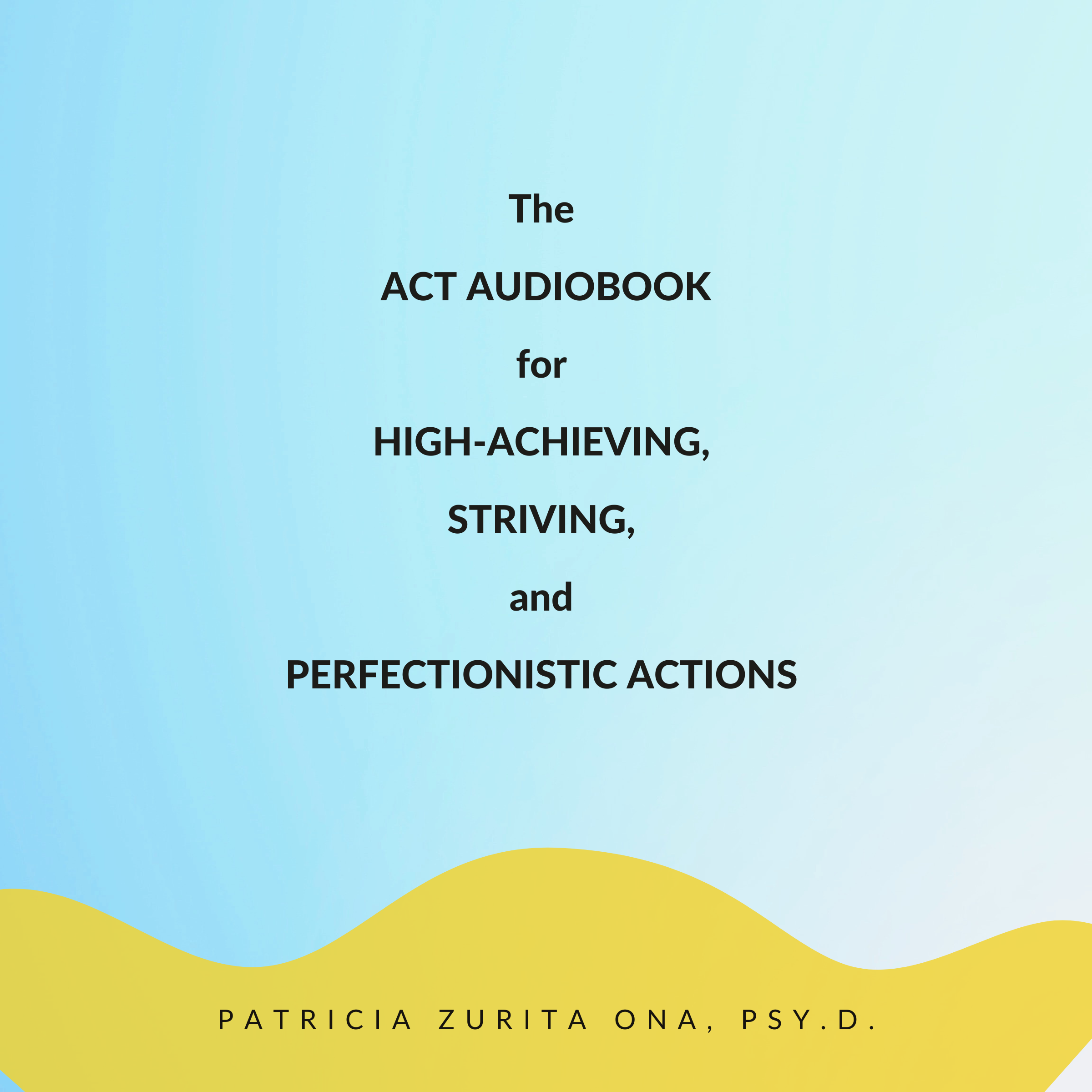Reading Time: 2 minutes
Nikko steps into a small, cozy coffee shop nestled in a quiet corner of the city. The scent of freshly brewed coffee fills the air, mixed with the sweet aroma of pastries.
Cold Play plays in the background.
The barista, a cheerful young woman with a warm smile, greets Nikko as he approaches the counter.
Barista: “Our coffee machine is broken, my apologies. I can only offer you any of our teas.”
“I’ve never tried their tea. If I’m going to try it, I should ask exactly how it’s prepared. I wish I could be sure I’d like the tea before ordering it. What if I don’t like it?” Nikko’s interpreter thinks as he leans slightly forward.
“If I’m hesitant about ordering tea, it must mean that I’m not meant to try their tea.”
He straightens up, frowns slightly, and tells the barista, “Thank you. I’d rather come back when your coffee machine is working.”

Table of Contents
The concept of openness
Researchers like McCrae and Costa (1987), describe openness as a quality that encourages us to see things in new ways and be receptive to different ideas. It’s about being willing to appreciate life experiences as they happen.
Openness is about saying, “Let’s see where this leads.”
But when encountering the “new,” anxiety-based reactions may create an initial hesitation, shrink your actions, and tell you to go back to what you know.
Being open doesn’t mean eliminating anxiety or the proneness to play-it-safe; it’s also more than just trying new activities. It’s about approaching things a step beyond what’s familiar and welcoming the new as part of life.

Misconceptions about openness
You may wonder, is openness the same as saying yes to everything? No.
You don’t need to rush into every new experience, that’s reckless.
You can approach the ones you choose to participate in with “beginner’s eyes” and in the service of who you want to be.
Openness isn’t about changing who you are, it’s about embracing who you are capable of becoming. It’s an invitation to live more fully.
So, the next time anxiety nudges you toward the familiar, remind yourself that life lies in the unexpected.

Exercises to Practice Openness in Your Daily Life
1. Start Small with New Experiences
Choose a new dish at a favorite restaurant or explore a different hiking route.
2. Go Beyond Hearing Someone’s Words
Notice their tone, body language, and emotions. Ask follow-up questions like, “What makes this important to you?”
3. Say “Yes” to One New Experience Weekly
Accept an invitation that feels slightly outside your comfort zone
4. Learn Something New
Pick a subject you’ve always been curious about and dedicate time to explore it.
5. Revisit an Old Fear-Based Situation
Identify something you’ve avoided in the past and take one small step towards approaching it, if it takes you close to be the person you want to be.









